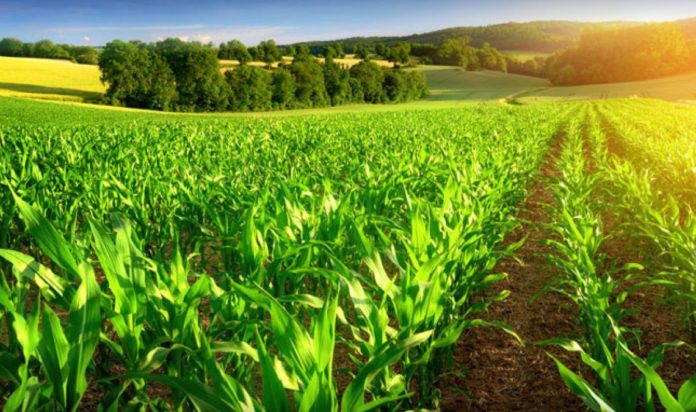The government of Nigeria and the European Union have inked a deal to strengthen ties on agriculture and research.
The Minister of Science Technology and Innovation, Ogbonnaya Onu who received European Union, Ambassador Samuela Isopi in Abuja said Nigeria was aspiring to be an industrialized nation, become self-reliant to feed its large population, create jobs and reduce poverty to the barest minimum.
The Minister of State for Science, Technology and Innovation, Mohammed Abdullahi, implored the EU to widen the scope of its assistance to Africa on the development of science, technology and innovation.
Agri sector in Nigeria
Earlier, Isopi, said the EU was interested in working with Nigeria in the area of science, technology and innovation as it is a pillar for sustainable development. According to the Ambassador, one of their objectives is to have a vocal point of each team to be trained and robust their capacity.
Agriculture is broadly divided into four sectors in Nigeria–crop production, fishing, livestock and forestry. Crop production remains the largest segment and it accounts for about 87.6% of the sector’s total output. This is followed by livestock, fishing and forestry at 8.1%, 3.2% and 1.1% respectively. Agriculture remains the largest sector in Nigeria contributing an average of 24% to the nation’s GDP over the past seven years (2013 – 2019). In addition, the sector employs more than 36% of the country’s labour force, a feat which ranks the sector as the largest employer of labour in the country.
Although the Nigerian government has provided several facilities through the Central Bank of Nigeria (CBN) such as the Anchor Borrower’s Programme to help provide smallscale farmers with adequate financing, the farming industry still lacks adequate access to finance.








